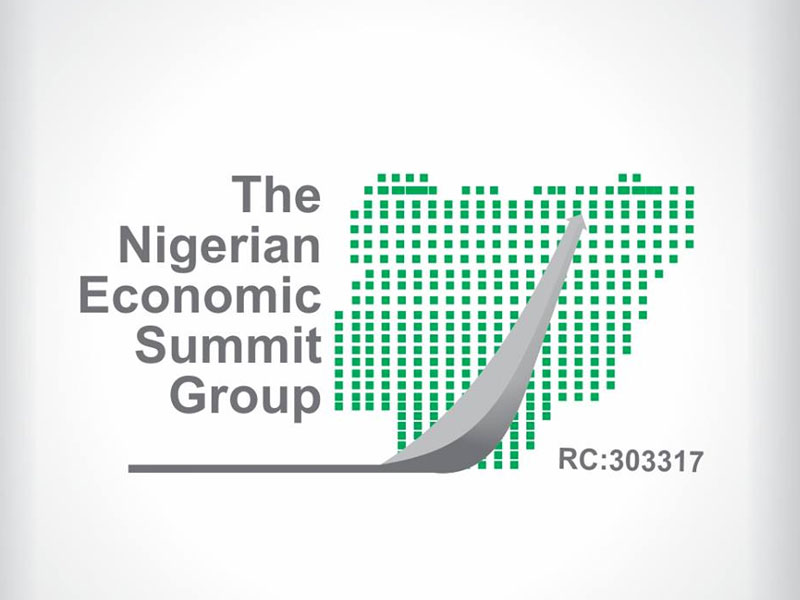This post has already been read 1115 times!
• ‘Inflation to moderate at 14.5 per cent’
The Nigeria Economic Summit Group (NESG) has projected that the Nigerian economy would grow by 2.9 per cent in this year and achieve a sustained high growth rate up to 2025 in line with the expected global recovery.
The NESG, in its 2021 Macroeconomic Outlook unveiled yesterday, said the country would achieve a more robust and resilient economy exemplified by improved external reserves and fiscal position as well as moderate inflation rate of 14.5 per cent.
NESG in the report projected government revenue to increase by 23.3 per cent in increase further till 2025 while the exchange rate will become stable as unemployment and poverty ease overtime.
Chief Executive Officer, NESG, ‘Laoye Jaiyeola, noted that, like 2020, 2021 would be characterised by uncertainties. He said a lot more efforts are needed to get Nigeria on the path of positive economic growth that delivers a reduction in unemployment and poverty.
He said the outlook emphasised four priorities to driving economic recovery and delivering a high, sustainable and inclusive economic growth in the next five years.
The priorities, he said, included macroeconomic stability, policy and regulatory consistency, sectoral reforms and human capital development.
He said the overall goal should focus on attaining a favourable business environment and improve the welfare of the average Nigerian.
With all sense of urgency and intensity, he said, the government at all levels must embark on reforms aimed at attracting investments into crucial sectors of the economy.
This, according to him, is because the business-as-usual scenario will only lead Nigeria down the drain of economic hardship, wider income inequality and an increase in the poverty rate.
The report, which was presented by Chief Economist, NESG, Dr. Olusegun Omisakin, said Nigeria “is, indeed, at a turning point”.
The report, which reviewed the Nigerian economy in 2020 and previewed the 2021 to 2025 outlook, hinted at some key policies and events that would shape 2021.
The report said the economic uncertainties that dictated the momentum of the Nigerian economy in 2020 and the resultant outcomes presented an opportunity for the Nigerian government to simultaneously tackle key structural issues and restore the economy back to a growth plan.
According to the report, the government’s most important agenda in 2021 must be to address these problems as a foundation for economic recovery in the short-term and inclusive economic growth in the future.
On the outlook for 2021, the report stated that on the global front, weakness in activities due to COVID-19 and oil price shock is easing faster than expected. It said an effective COVID-19 vaccination and return to normalcy would play a critical role in stabilising the global economy.
The report stated that GDP growth would improve and possibly return to a positive region but unemployment and poverty rates will maintain an upside position.
It explained that output growth would not be accompanied by a reduction in poverty, unemployment and underemployment rates, especially given the weak correlation between outputs in short term Nigeria.
The report stated that the interest rate is expected to increase in 2021, Foreign Direct Investment (FDI) inflows will improve; trade deficits would be reversed and foreign exchange challenges would persist.
On some of the challenges facing Nigeria’s macroeconomic environment, the report maintained that the current state is unfavourable in attracting huge investment, which is critical driving economic growth.



